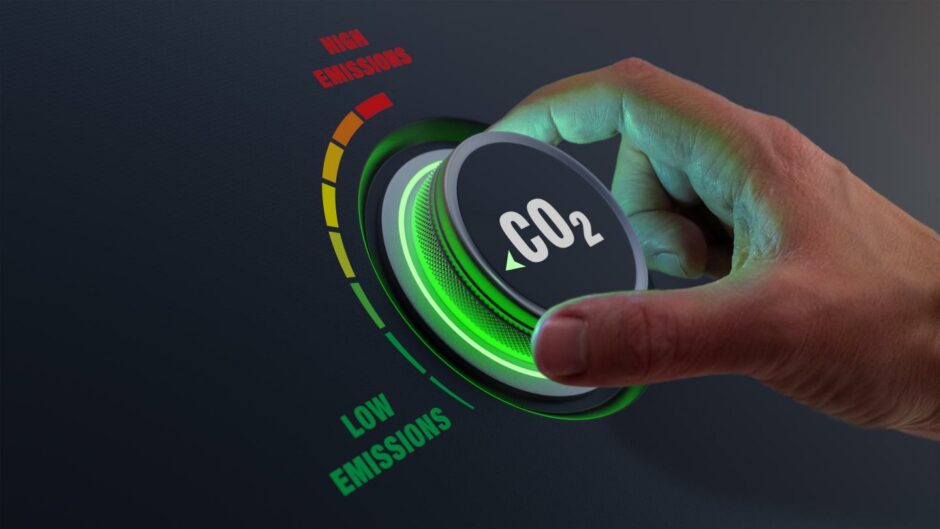
Taiwanese President Tsai Ing-wen last week signed a major climate change law that introduces a net-zero carbon target for 2050 and a carbon fee system for large emitters.
Significantly, the move is expected to make Taiwan a key player in Asia’s climate policy, reported Nikkei Asia.
Taiwan’s Legislative Yuan on Jan. 10 passed the Climate Change Response Act to set a legally binding target of no net greenhouse gas emissions by 2050, meaning any such emissions would be balanced by initiatives to offset them. This includes using carbon capture and storage (CCS) projects, or planting trees.
Phasing out coal plants remains a key challenge because Tsai plans to eliminate nuclear power by 2025 in the aftermath of Japan’s Fukushima disaster in 2011. Her administration aims to expand use of renewable energy to 20% by 2025, with coal-powered electricity at 30% and natural gas at 50%, reported the business publication.
The new law will incrementally implement a mechanism to collect carbon fees on direct and indirect emissions from businesses and entities whose emissions reach a certain threshold. It will also establish carbon tariffs on imports of carbon-intensive products.
Revenues from the tariffs will be allocated to a Greenhouse Gas Management Fund with the purpose of subsidising investment in carbon reduction technologies and local governments for climate policy-related costs, said the Nikkei.
“This is a historic moment and makes Taiwan the 18th country to put a net-zero target into law,” said Chia-Wei Chao of National Taiwan University, an expert who helped draft the new legislation. “Until now, ministries treat climate change as a side issue despite our progress in recent years. The legislation authorises compulsory carbon pricing in Taiwan and carbon tariffs in our trade policies, and empowers the government to lead Taiwan’s climate change policies with regulatory instruments.”
